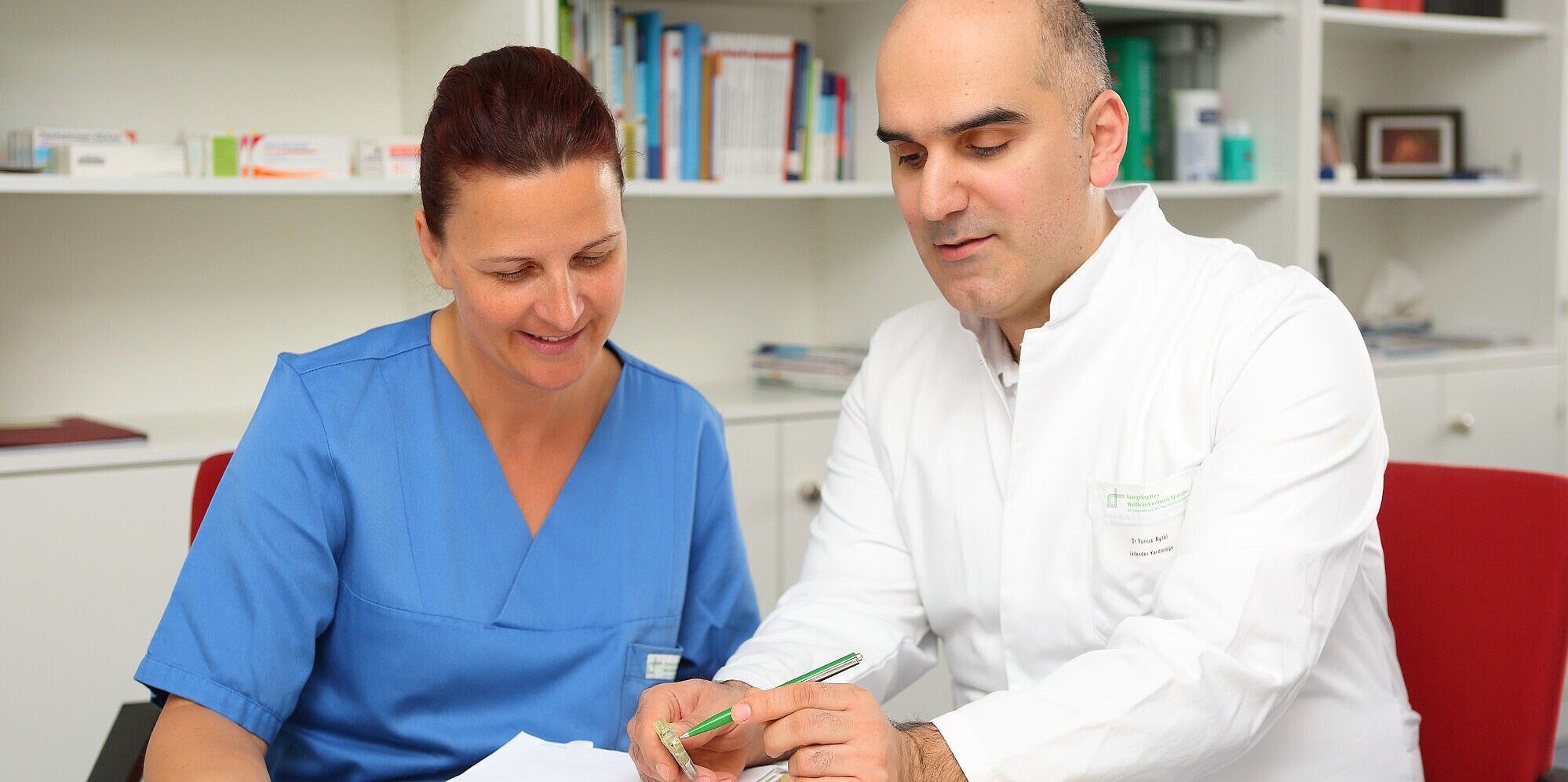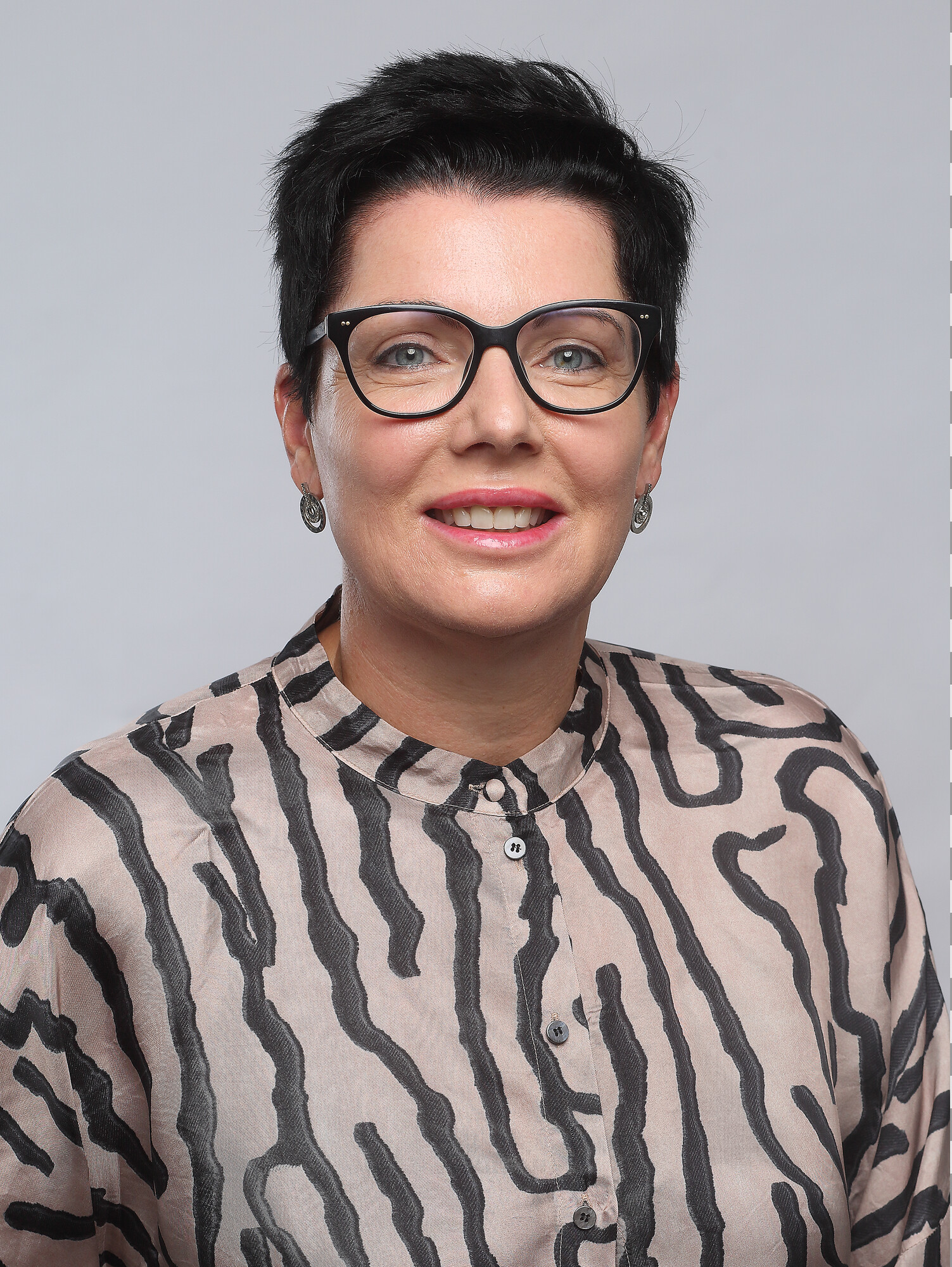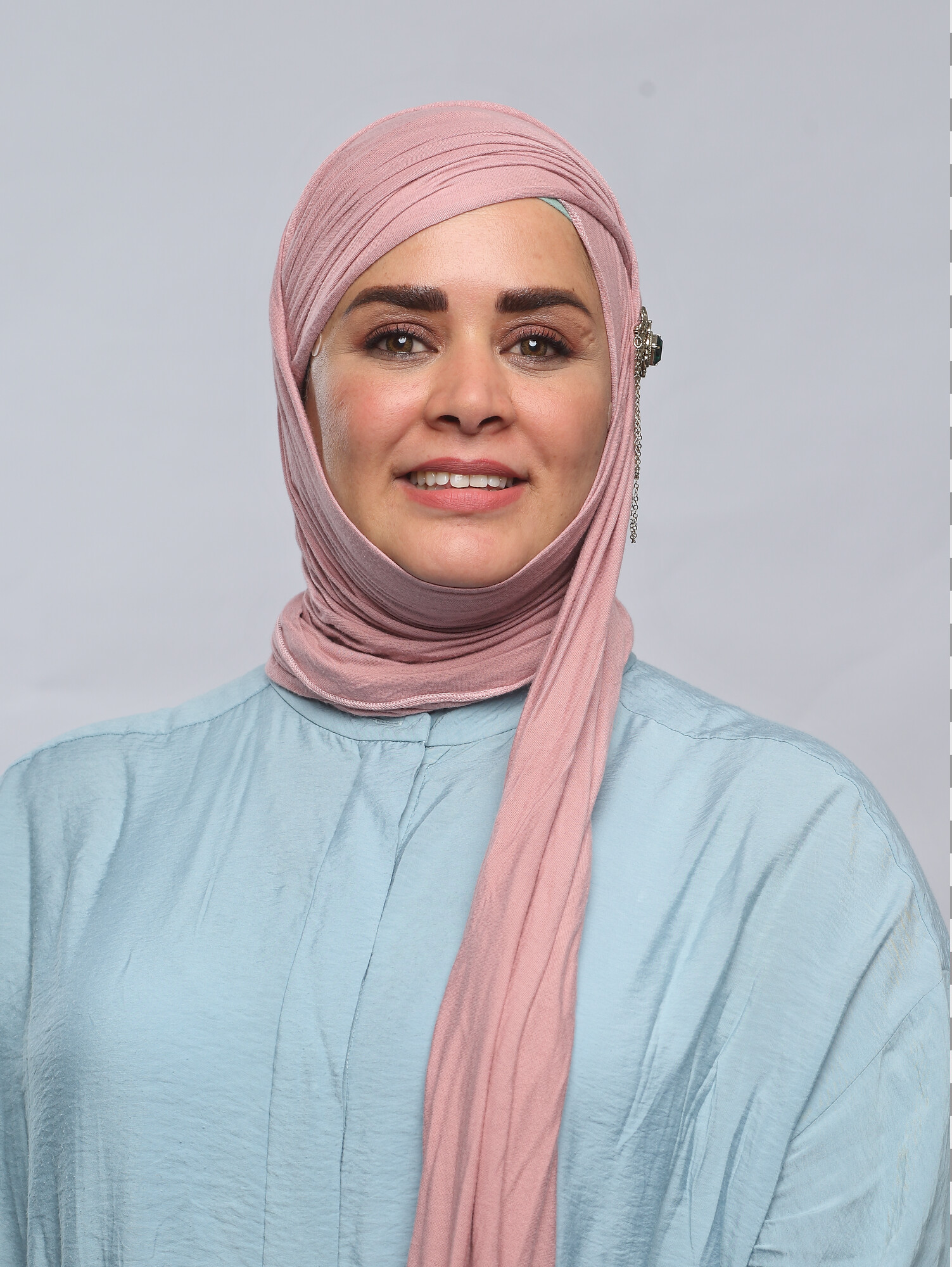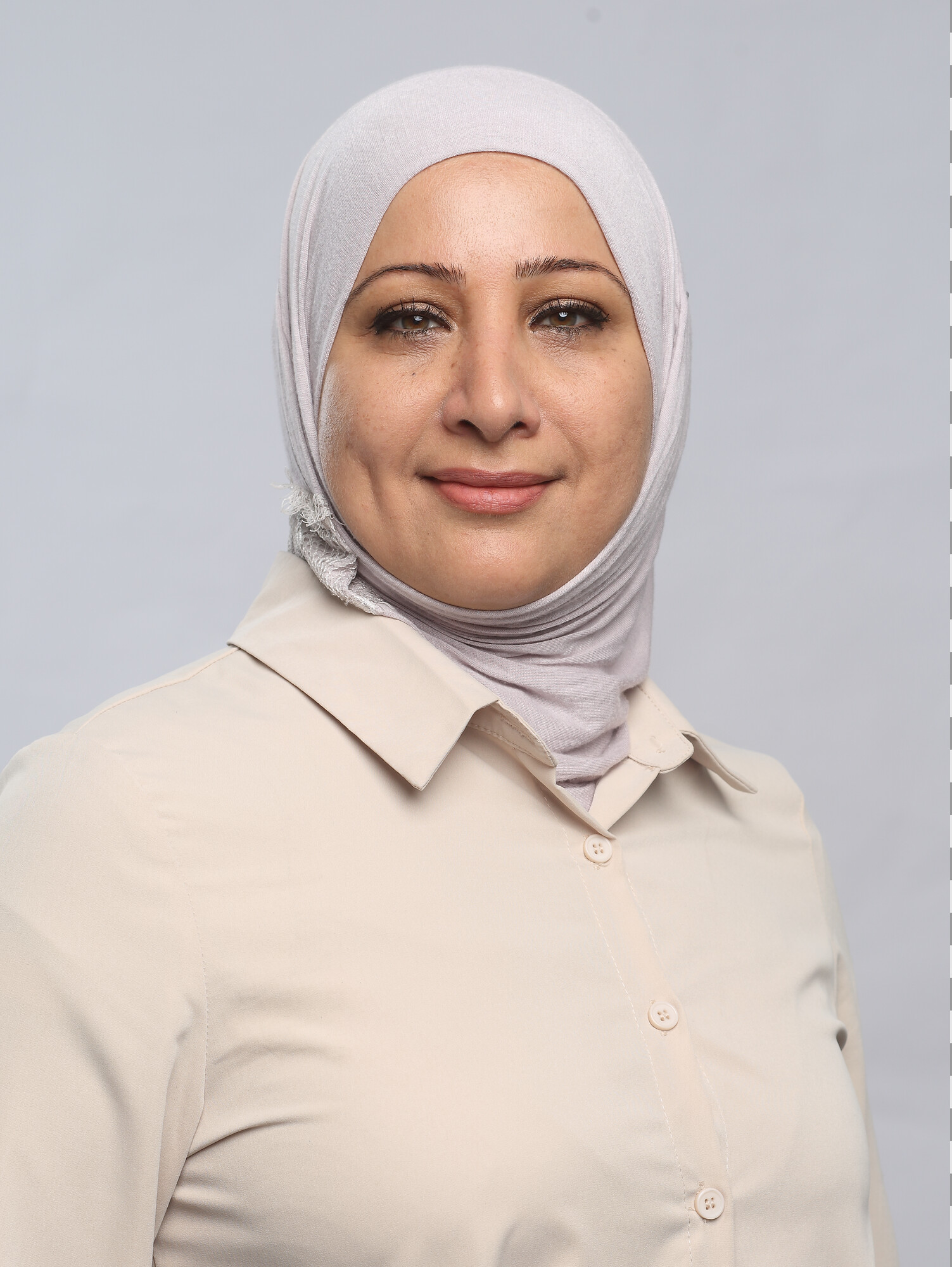Cardiology
In our Clinics for Cardiology, diseases of the cardiovascular system are diagnosed and treated. The state-of-the-art medical equipment enables treatment in all areas of cardiac medicine.

Modern cardiac medicine
We are here for you if you are concerned about your heart. With the resources of modern medicine, diseases of the cardiovascular system can be treated gently. If detected early, heart attacks and strokes can be prevented. If it is necessary, all cardiac surgical procedures in adults are performed with the exception of transplants. We use the most modern surgical techniques. Get interdisciplinary advice from our team of specialists in the fields of cardiac and vascular surgery, cardiology, angiology, anesthesia and intensive care medicine.
Your heart in good hands
The heart is the most important muscle in our body. When our "engine of life" falls ill, precise diagnosis and targeted therapy are important. That is exactly when we are there for you.
Common diagnoses
- coronary heart disease
- heart failure
- cardiac arrhythmias
- Diseases of the heart valves
- atrial fibrillation
- myocardial infarction
- arterial hypertension
- lipometabolic disorders
Treatments
Circulatory disorder
If a circulatory disorder of the heart is suspected, prompt action should be taken. Usually, a non-invasive assessment of cardiac function by ultrasound is performed first, followed by a stress test. This is individually adapted to the patient, depending on their pre-existing conditions.
Our examinations are performed using state-of-the-art equipment: stress echocardiography, stress nuclear magnetic resonance tomography and cardio-CT.
If a relevant circulatory disorder of the heart is suspected during the examinations, this is usually followed by a cardiac catheterization. If this examination confirms the circulatory disorder of one or more coronary vessels, it can usually be corrected at the same time. By inserting a stent (vascular support), the success of the treatment can be ensured for many years.
Cardiac arrhythmia
If a patient suffers primarily from a cardiac arrhythmia, an ECG or long-term ECG is often performed first to define the type of cardiac arrhythmia more precisely.
Particularly in the case of arrhythmia accompanied by palpitations, curative therapy can be carried out with the help of electrophysiology and ablation therapy.
If the heartbeat is too slow, on the other hand, it is not uncommon for a pacemaker to be implanted. Usually, this requires a minor surgical procedure.
We have a team of very experienced colleagues and state-of-the-art technology at our disposal. We can treat any kind of arrhythmia. Patients are informed directly before and after the operation and are treated further in our rhythmological consultation hours.
Coronary artery disease (coronary artery disease)
In order to maintain the heartbeat, the heart muscle must be permanently supplied with oxygen-rich blood. This is done by the coronary arteries. If deposits form here, the vessels narrow ("calcify") and less blood reaches the heart muscle. The heart becomes less and less resilient. Those affected notice this in the form of a feeling of tightness in the chest (angina pectoris) and pain in the area around the heart, often initially only with physical exertion.
Coronary heart disease can cause cardiac arrhythmias and cardiac insufficiency, and even heart attacks. Elevated blood lipids, diabetes, high blood pressure, lack of exercise and smoking increase the risk of the disease. Therapy consists of removing the narrowing in the coronary arteries, for example by dilating the vessel with a balloon catheter or inserting stents.
Heart failure (cardiac insufficiency)
If the heart is no longer able to supply the body with sufficient blood and thus oxygen, the patient is suffering from heart failure. The heart muscle then no longer has the strength that a healthy heart has. Causes can be, for example, coronary heart disease, high blood pressure or cardiac arrhythmias.
As a rule, heart failure develops slowly over months and years. Patients notice this in the form of reduced performance and fatigue, especially after physical exertion. Later, even minor exertion or rest can trigger shortness of breath and coughing. Water retention in the legs and feet and a pronounced urge to urinate at night are also common. Electrical stimulation therapies, such as pacemakers, can significantly improve the symptoms and give patients back a noticeable quality of life.
Heart valve disease
Four heart valves ensure that the blood in the heart only flows in one direction at a time. They act as valves between the two chambers of the heart. If a heart valve is leaking (valve insufficiency) or narrowed (valve stenosis), a heart valve defect (valve vitium) is present. This can be congenital or acquired, for example through a bacterial infection or a heart attack.
At first, valvular heart disease is usually symptom-free, since the heart can compensate for it for a while. Only in the advanced stages do symptoms such as reduced performance, shortness of breath, chest pain, brief loss of consciousness or water retention become apparent. Many heart valve defects can be treated with gentle, minimally invasive surgery without having to open the chest.
Stroke (Apoplexy)
If there is a "sudden" undersupply of blood to the brain (in rarer cases, bleeding in the brain), a stroke has occurred, also known as a cerebral apoplexy or cerebral infarction. This is a medical emergency that must be treated immediately to prevent and contain long-term damage. This is because the circulatory disturbance means that brain cells are no longer supplied with oxygen, so they are in danger of dying. This can result in paralysis, impaired speech or vision, and in severe cases even death.
The most common cause of a stroke, as with a heart attack, is a blocked blood vessel. Patients suffering from atrial fibrillation (a heart rhythm disorder) or a heart valve defect belong to the risk group, as these conditions favor the formation of blood clots. If these reach the brain via the bloodstream, they can trigger a stroke. Precise diagnosis of the heart and preventive measures are therefore important.
High blood pressure (hypertension)
With each heartbeat, the heart pumps blood into the blood vessels, constantly exerting pressure on the vessel walls from within. It is normal for our blood pressure to fluctuate - it is higher during excitement and lower during sleep. However, if blood pressure is permanently too high, the heart and other organs can suffer damage.
Untreated high blood pressure promotes cardiac arrhythmias, coronary heart disease, heart failure, and even heart attack or stroke. It can also cause vascular damage in the kidneys, impairing their filtering function and leading to chronic renal insufficiency. A poorly perfused kidney in turn causes blood pressure to rise in order to improve blood flow - a vicious circle. Narrowing in the renal arteries can be relieved by balloon dilatation and insertion of stents. Pacemakers can stimulate the autonomic nervous system and regulate blood pressure in this way as well.measures are therefore important.
The following examinations can be performed at our clinic:
- Transesophageal echocardiography, where applicable with contrast agents
- Color doppler echocardiography, where applicable with contrast agents
- Stress echocardiography
- Color duplex sonography of cerebral and peripheral vessels
- Heart pacemaker implantation and consultation
- Cardioversion
- ECG
- Ergometry
- Long-term ECG
- Long-term blood pressure measurement
- Bronchoscopy (incl. transbronchial lymph node biopsy and peripheral lung biopsy)
- Right heart catheter
- Lung function diagnosis
- Coronary bypass operations
- Heart valve operations
- Vascular operations
- Cardiac arrhythmia surgery
- Congenital and acquired heart defects
- Special procedures: perfusiology and cardiotechnology with the heart-lung machine (HLM) and the minimally invasive heart-lung machine



